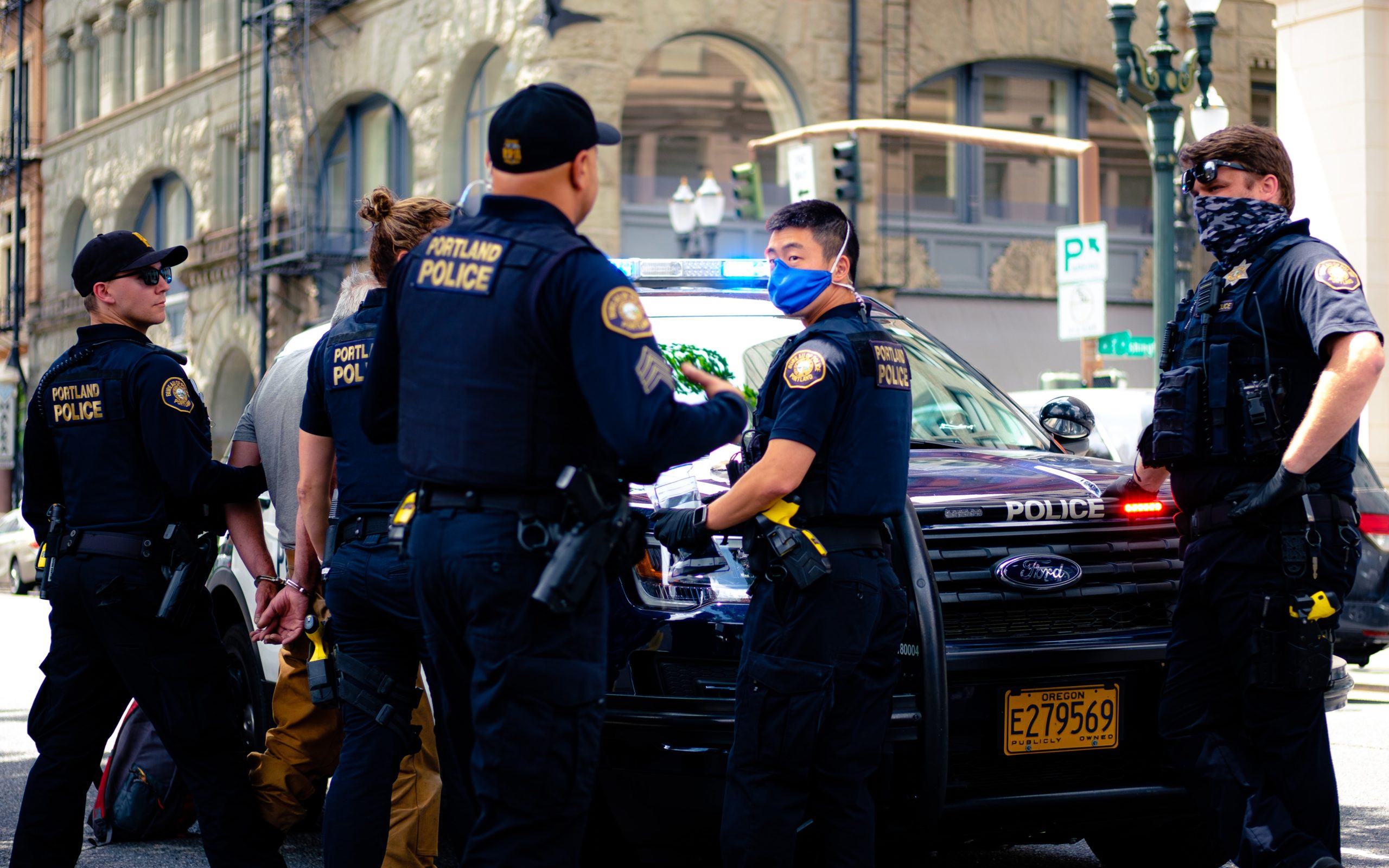 It is never a good idea to speak to the police without a lawyer. Many people incorrectly believe that the police have to read you your “Miranda rights” before they question you. However, what many people do not understand is that the formal Miranda warnings are only required if two prerequisites are met. Before the police must issue a Miranda warning to a suspectin a criminal process:
It is never a good idea to speak to the police without a lawyer. Many people incorrectly believe that the police have to read you your “Miranda rights” before they question you. However, what many people do not understand is that the formal Miranda warnings are only required if two prerequisites are met. Before the police must issue a Miranda warning to a suspectin a criminal process:
1. The suspect must be in police custody 2. The suspect must be subject to an interrogation
There is a major issue when a suspect voluntarily shows up at the police station for questioning. Investigators and detectives are well-trained on extracting any and all incriminating information from you. Detectives are permitted to lie and deceive in order to extract a confession. No suspect should make statements to police without an experienced criminal defense attorney by their side.
Any questioning that happens where the suspect is free to leave could be considered voluntary and therefore admissible in court. A voluntary statement may be used in court, and the police are not necessarily required to give the Miranda Rights warnings. There are many times, that the most incriminating evidence to a crime is the defendant’s own statement made to the police.
Self-Incrimination – Protection under the 5th Amendment
The 5th Amendment protects people from “involuntary” incriminating statements to law enforcement, which can be used against them in a court of law. An “involuntary” confession is one where the suspect’s self-incrimination was the product of law enforcement techniques and methods offensive to “due process.” Involuntary statements are inherently untrustworthy, and the use of such statements “violates our fundamental sense of decency.” A court must consider the totality of the circumstances, focusing both on the nature of the accused and the techniques used by law enforcement
NOTE: Recently, the court of appeal in California decided that Miranda warnings are not required for a person on probation. If you are on probation, and police officers arrive at your house to conduct a probation search to determine if you’re in possession of drugs or weapons, the police may ask you incriminating questions without first advising you of your Miranda rights. Later, at the probation revocation hearing, any statements made by you will not be excluded for lack of sufficient Miranda warnings.
If you or a loved one is accused of a crime contact the California criminal defense attorneys at Wallin & Klarich. Wallin and Klarich has many years of experience successfully defending clients for over 30 years. We will work to aggressively help you and to ensure that your rights are protected. The attorneys at Wallin & Klarich can be reached by phone at (888) 280-6839. With offices located in Orange County, Los Angeles, San Diego, Riverside, San Bernardino, Ventura, West Covina, Victorville, Torrance, and Sherman Oaks there is a Wallin & Klarich attorney available wherever you happen to live. We will be there when you call.



